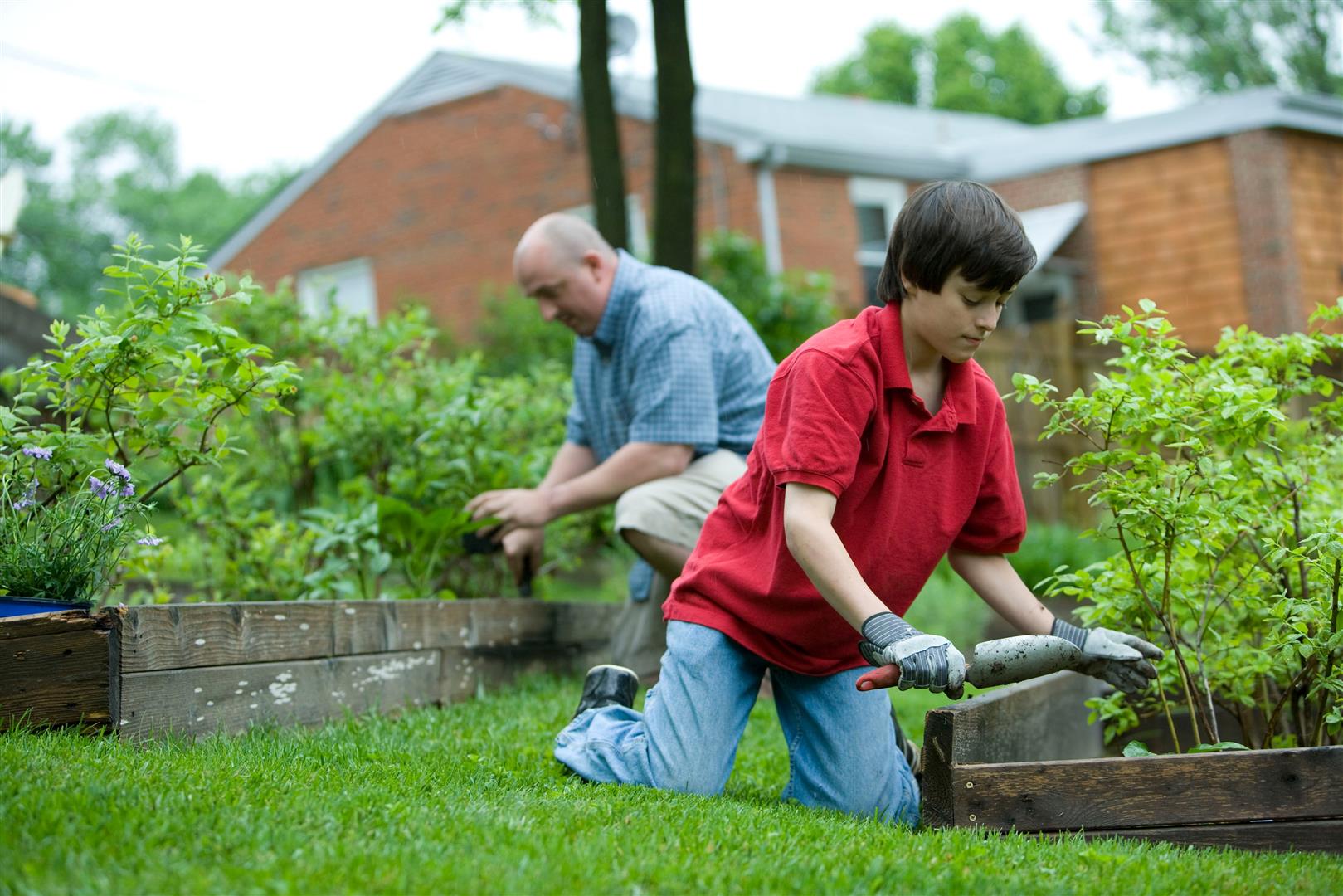PROPERTY NEWS - As the world continues to acclimatise to the evolving pandemic as well as the ongoing unrest in Eastern Europe, hunger rates continue to remain the topic of headlines - some regions reaching crisis level.
In fact, acute hunger in Yemen has reached unprecedented levels with relief funding running out. Closer to home, research has found that more than 40% of South Africans of all age groups are affected by hunger.
Low rainfall in parts of Southern Africa has also negatively impacted food security in countries such as Madagascar, south-western Angola, north-western Namibia, Mozambique and Zimbabwe.
Many countries on the continent, including South Africa, are heavily reliant on maize and wheat imports.
Particularly, the invasion of Ukraine by Russia has placed the supply of these commodities under great pressure - causing delays that have put nations under great strain and in panic mode in an effort to keep citizens fed.
“In light of this, never has there been a more crucial time to essentially go back to basics in the approach against fighting food insecurity and ultimately hunger. Where governments are failing or lagging in response, civil society must take a stand and educate citizens across nations to grow locally.
Simply put - let’s grow our own vegetable gardens!” says Andre Redinger, Founder of Millhouse International.
 Photo for illustration only. Photo: Unsplash
Photo for illustration only. Photo: Unsplash
While it might seem an arduous task, the benefits of investing in growing our own vegetables will have a powerful impact on the food crisis across the board. Here's how:
Vegetable gardens will save costs in the long run
Even though it may be slightly costly to set up at first, growing your own fruits and vegetables will save you a lot of money in the long-term. Many households spend more than 50% of their food budgets on fast foods; In contrast, growing vegetables from seeds will allow them to plant a huge variety of vegetables that can be harvested at different seasons.
Any excess can be sold or preserved.
It is healthier
Produce that is sold in stores is often preserved through many chemicals that take away from the nutritional value in order to preserve them for longer periods - while organic fruits and vegetables can be very costly to purchase. Having your own vegetable gardens will give you direct access on a daily basis to foods that are tastier and healthier.
In addition, staple foods fortified with micronutrients - flour and maize meal, for instance - assist with providing people with the vitamins and minerals our bodies need.
Encourages entrepreneurship and community
At a time when unemployment rates are soaring, growing vegetable gardens also encourages entrepreneurship. Excess fresh produce can be sold to various neighbours in the broader community while building a solid income.
Improves food security
Food insecurity is under constant threat. Growing locally is crucial to ensure that citizens have easier access to fresh and cheaper staple foods. Because many countries are reliant on imports from various European countries, food security can drastically improve if local growers and farmers are supported more.
Builds and empowers local economies
While the agriculture sector in South Africa has shown promising results of growth, more can and must be done to ensure economic security. Ultimately, growing and supporting locally grown produce will positively impact the economy at large, creating jobs in the long-term for many newly empowered citizens who may not be eligible for employment in other industries.
'We bring you the latest Garden Route, Hessequa, Karoo news'

















